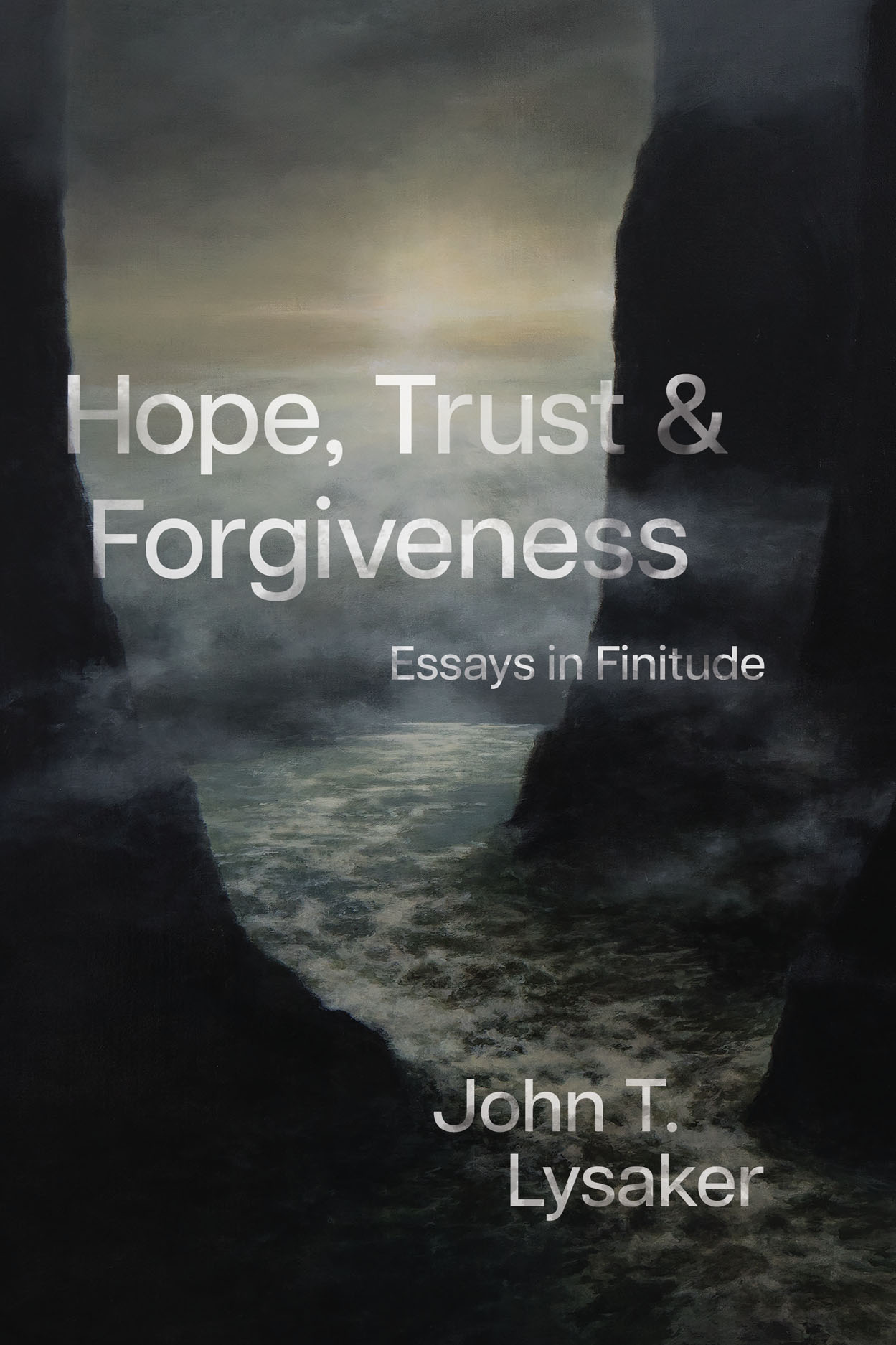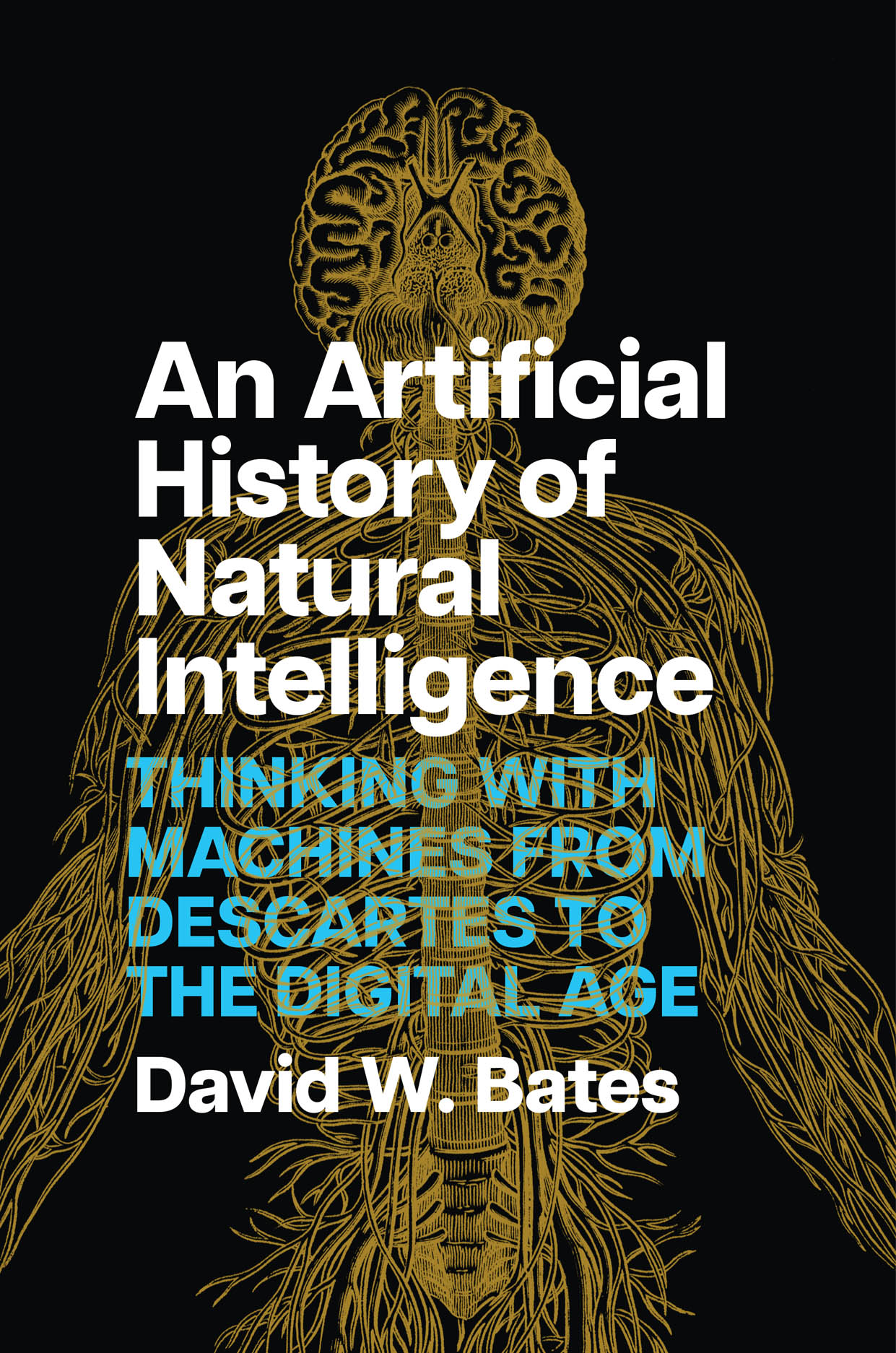In Listening to Beauty: Rhetorics of Science in Sea and Sound, Megan Poole invites us into a moving study of how encounters with beauty advance
In Hope, Trust, and Forgiveness: Essays in Finitude, John Lysaker develops a new ethics of human finitude through three experimental essays. This week, Lysaker was
In An Artificial History of Natural Intelligence, David W. Bates offers a new history of human intelligence that argues that humans know themselves by knowing
In her new book, The God Behind the Marble, Alice Goff relates a history of Germans’ attempts to transform society through art in an age
In The Best Effect, Ryan Darr describes the theological origins of consequentialism—the notion that we can morally judge an action by its effects alone. In
In The Evolution of Pragmatism in India: Ambedkar, Dewey, and the Rhetoric of Reconstruction, Scott R. Stroud relates the untold story of how the Indian
The great Roman philosopher Lucius Annaeus Seneca lived and worked two thousand years ago, but his insight and everyday advice still hold resonance for our
For the past 6 years, the France Chicago Center at the University of Chicago has collaborated with the Press to help bring seminal works of French
Highlighting the first decade of Chicago-based philosophical magazine The Point, The Opening of the American Mind brings together responses to some of the most significant
Mark C. Taylor’s forthcoming book, Seeing Silence, offers a new philosophy of silence for our nervous, chattering age. Taylor explores the many variations of silence








